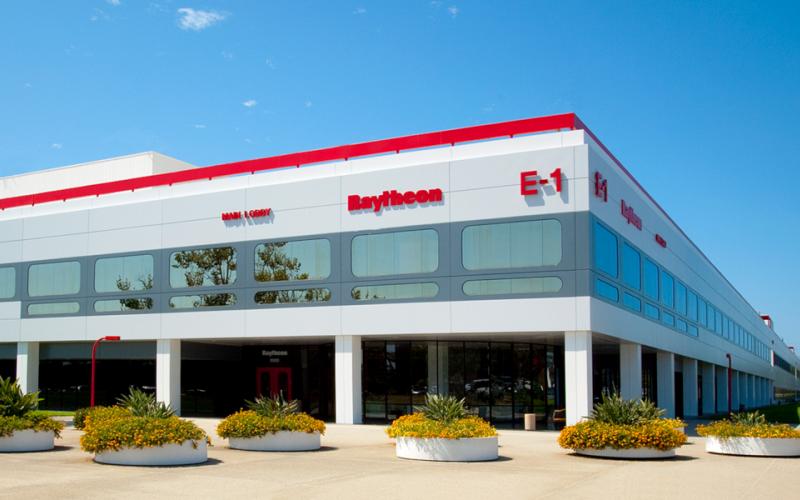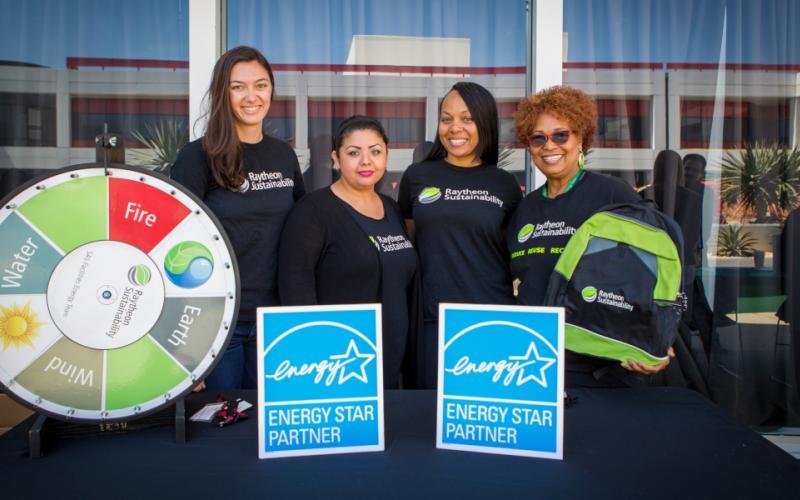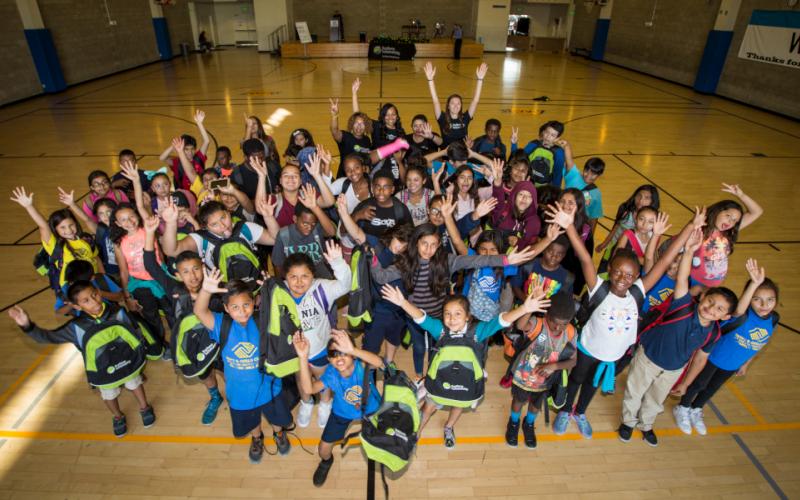Raytheon El Segundo
Raytheon aligns its corporate responsibility initiatives with its business strategy. As a technology leader in the aerospace and defense industry, the company’s operations embrace a “design for sustainability” philosophy and include commitments to reduce their environmental impact. Waste reduction programs reflect a close collaboration with stakeholders, the innovation and engagement of its people, and a commitment to operational excellence. The El Segundo site houses over 5,000 employees on a 4-million square foot campus, and has diverted over 91% of its solid waste from landfills or incinerators.
Some of the key motivations to pursue zero waste goals include:
-
To conserve natural resources and minimize pollution;
-
To protect the environment and community health;
-
To reduce disposal costs and generate recycling revenues;
-
To promote a circular economy with closed-loop systems;
-
To comply with applicable regulations, such as California AB1826 Mandatory Commercial Organics Recycling;
-
To meet corporate sustainability goals, reported to the Board of Directors and external stakeholders; and
-
To add reputational value and attract new customers.
In an effort to find new ways to redesign operations, the site’s Environmental Health, Safety & Sustainability (EHSS) department engaged Supply Chain to review company-wide agreements. For example, EHSS and Supply Chain reviewed the Staples/Raytheon Enterprise Agreement for the entire Raytheon Company. The team reviewed site-purchasing records to determine which products contributed to the landfill stream, and subsequently implemented a number of programs to design out landfill waste. One such program eliminated purchases of landfill-only break room products by automatically switching online orders of break room products like cups, plates, and utensils from landfill-only products to compostable alternatives. The program reduces waste stream contamination, increases waste diversion, and reduces purchasing costs.
An important aspect of Raytheon El Segundo’s zero waste work is to identify opportunities to eliminate waste before it occurs. For example, Raytheon has incorporated sustainability principles into its enterprise agreement with its dining center supplier, Eurest. Raytheon has worked closely with Eurest to support many sustainable initiatives including the “Waste Not” program. Waste Not eliminates food waste generated by kitchen staff by teaching them how to prepare food with a minimum amount of waste. Cafeteria employees track peelings and other foodstuffs daily and report them by weight in three categories: overproduction, production and out-of-date items. Eurest then aggregates the weight of the waste food and calculates the associated lost revenue, effectively demonstrating the cost of wasted food. Eurest estimates that these programs have resulted in a five percent reduction of food waste, which saves money and helps control the cost of food items to Raytheon.



